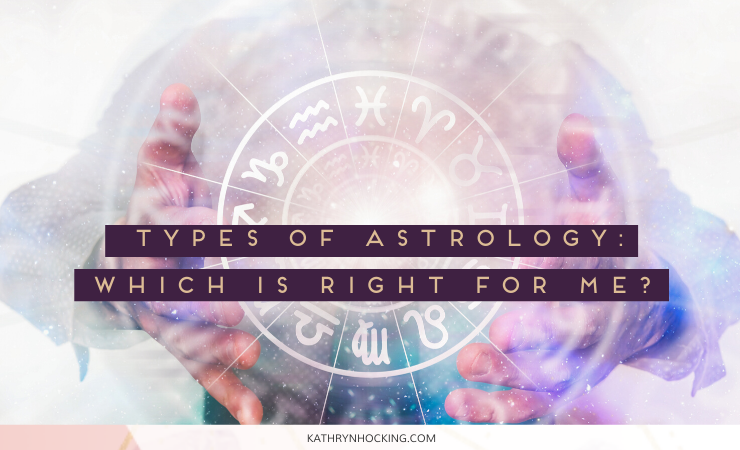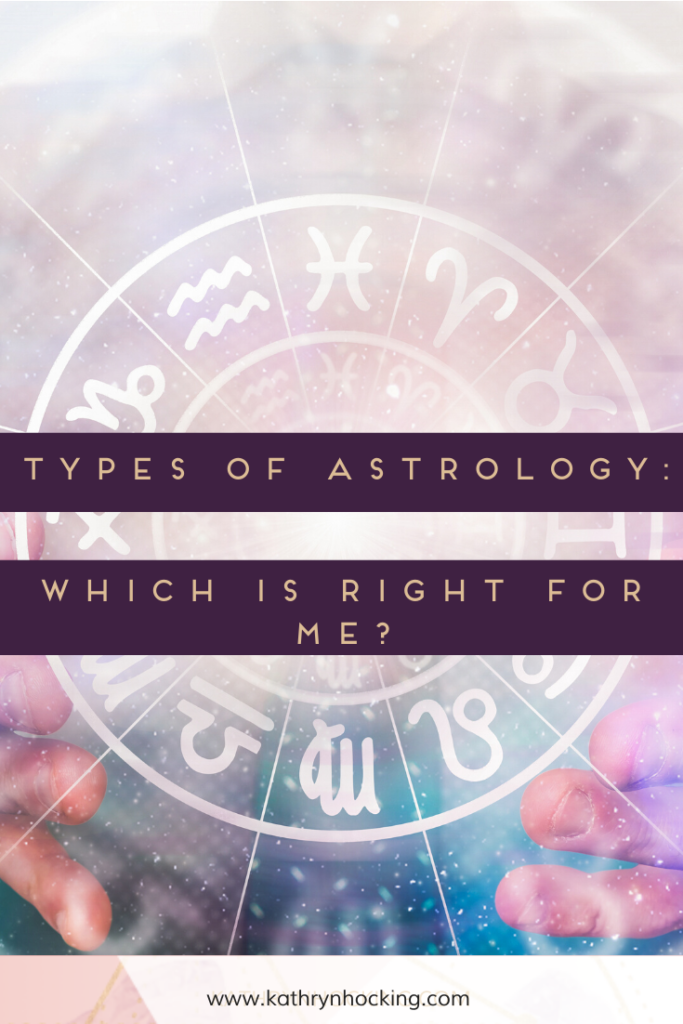
The study of Astrology is a massive field and one which has evolved over time and across cultures.
So when deciding whether to study astrology it is smart to think about which type(s) of astrology you would like to focus on.

Ancient and Traditional Forms of Astrology
Firstly there are the ancient forms of astrology that developed in different parts of the world.
Hellenistic Astrology
Hellenistic Astrology started in Egypt around 1-2 BC and is the basis of modern western astrology with the 12 signs and 12 houses being used.
Indian/Vedic Astrology
Indian or Vedic astrology uses a sidereal-based zodiac, which is currently 24 degrees different than the Tropical Zodiac (e.g. If you are a Sagittarius in Western astrology, you may become a Scorpio in Indian astrology).
Chinese Astrology
Chinese Astrology combines the indigenous astrological practice of the region with Chinese five-element theory, philosophy, medicine and some Hellenistic astrology.
Arabic Astrology
After the decline of the Hellenistic and Roman empires and the decline in use of Hellenistic Astrology, Arabic cultures kept the Western astrology flame alive. Arab astrologers added additional points (Arabic Parts) and their own lunar astrology (lunar mansions).
Mayan Astrology
Mayan astrology is a variation of Mesoamerican astrology. The Mayan Calendar, or Tzolk’in, is comprised of 20 Day Signs and 13 Galactic Numbers, making a 260-day calendar “year”. Mayan Astrology signs are named after different animals.
Celtic Astrology
Celtic Astrology flourished before the birth of Christianity and was. created around 1000 BCE and practiced by the Druids.
Trees were sacred to the Druids and they noticed that the qualities of certain trees matched those of children born at certain times of the year. This knowledge developed into Celtic Astrology.
Celtic Astrology uses the cycle of the moon to create the zodiac. The year is broken into 13 months, each containing 28 days. There is also one extra day, December 23, that is called Nameless Day. Each month is associated with a different tree, making 13 Celtic zodiac signs.
A note on Cultural Appropriation
I’ve had people email me asking what type of astrology I teach or whether I suggest they study Western or Vedic Astrology.
I always respond that I highly recommend that you learn and use the astrology of your own lineage. If you are European then this is likely Hellenistic/Western Astrology or even Celtic/Druidic Astrology.
The tendency of white people to take the practices of other cultures as their own is highly problematic so, for example, I don’t suggest practicing Vedic, Arabic or other indigenous forms of Astrology if you are not of that lineage.
I am interested in learning more about Celtic Astrology as that is my predominant lineage and Western Astrology is also a substantial part of my lineage.
I accept that Western Astrology likely had some amount of appropriation from its original roots but I also know that my western European lineage was heavily influenced by the spread of greek and roman culture throughout Europe from which the original zodiac signs are based.
There are likely other forms of ancient astrology and I encourage you to research the astrology of your lineage as you’ll be amazed by the amazing astrological practices that exist in the culture of your lineage.
I recognise that not everyone will agree with me on this point but this is my position on the topic and I will never seek to teach Astrology techniques that are taken from another culture than my own as I always try to take an approach of do no harm.
Modern Astrology Schools of Thought
There are a number of modern types of astrology which I will detail below.
Western Astrology
Western Astrology (mid 19th century) accelerated with the birth of theosophy, psychology and later new age movement with its roots in Hellenistic astrology. In western countries, the ancient art is perhaps viewed rather more as light-hearted self-indulgence as opposed to a sacred art or traditional science.
Esoteric Astrology
Esoteric Astrology (early 20th century) was developed by Theosophists such as Alan Leo and Alice Bailey who incorporated the ideas of the Theosophical Society and mythological teachings into astrological practice.
Esoteric Astrology is, in essence, the science of the soul. An esoteric chart reading illuminates the agenda of the soul and your soul’s purpose for this incarnation.
Psychological Astrology
Psychological Astrology arose from the cross-fertilization of astrology with humanistic, depth and transpersonal psychology. It incorporates ideas such as Jungian archetypes, synchronicities and psychological drives and needs.
Astrologer Dane Rudhyar was an early advocate, and the tradition includes Liz Greene’s Centre for Psychological Astrology in the UK.
The founder of psychosynthesis Robert Assagioli also inspired Huber method of astrology, which emphasized life cycles.
Astrocartography
Astrocartography was developed in the late 1970s-early 1980s and is a method of locational astrology popularized by Jim Lewis.
With roots in the ancient cultures that aligned sacred sites to stars, AstroCartoGraphy studies the astrological influences of locations on earth
Experiential Astrology
Experiential Astrology is a catch-all category that includes the use of shamanism, astrodrama, guided visualization or hypnosis to work with astrological symbolism and archetypes.
Evolutionary Astrology
Evolutionary Astrology was developed in the late 1980s-early 1990s by Jeffrey Wolf Green who combined elements of the theosophical movement, psychological astrology, and Indian philosophy, with his own channeled material to create Evolutionary Astrology.
With an emphasis on Pluto and the lunar nodes, Evolutionary astrology seeks to understand the development of the soul through lifetimes.
Steven Forrest’s work has expanded and popularized the practice of Evolutionary Astrology.
Eclectic Modern
It’s not uncommon for modern astrologers to choose elements of different astrological schools, but traditional and modern, as part of a unique personal practice and we call this Eclectic Modern Astrology.
My Astrology Perspective
My astrology perspective is based on Hellenistic/Western Astrology & Evolutionary Astrology but is also eclectic in nature and is formed by the following beliefs and practices:
- A belief in multiple past lives and an eternal soul
- We are all incarnated with a unique blueprint and purpose for our lives
- Astrology can be used to help us live in harmony with that higher purpose.
- By following and using astrology we are also exploring our beliefs about life, our soul and what comes after.
If you’d like to learn more about Western Astrology join my free course.
